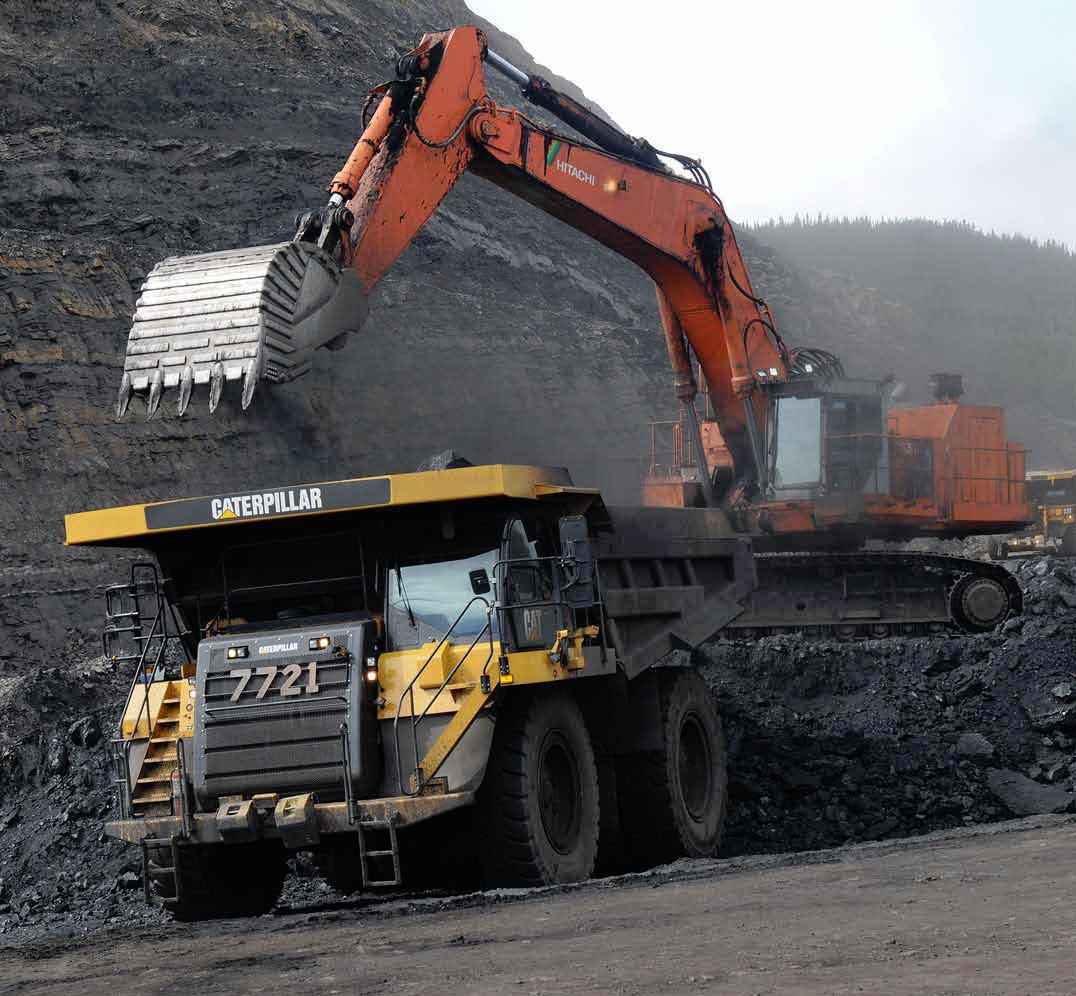
At the hub of Iraq's oil and gas infrastructure regeneration, SCOP shows how complex engineering projects can be delivered in a challenging environment through innovative contracting and creative partnership models.
DOWNLOAD
 SCOP-EMEA-Nov12-Bro-s.pdf
SCOP-EMEA-Nov12-Bro-s.pdf







